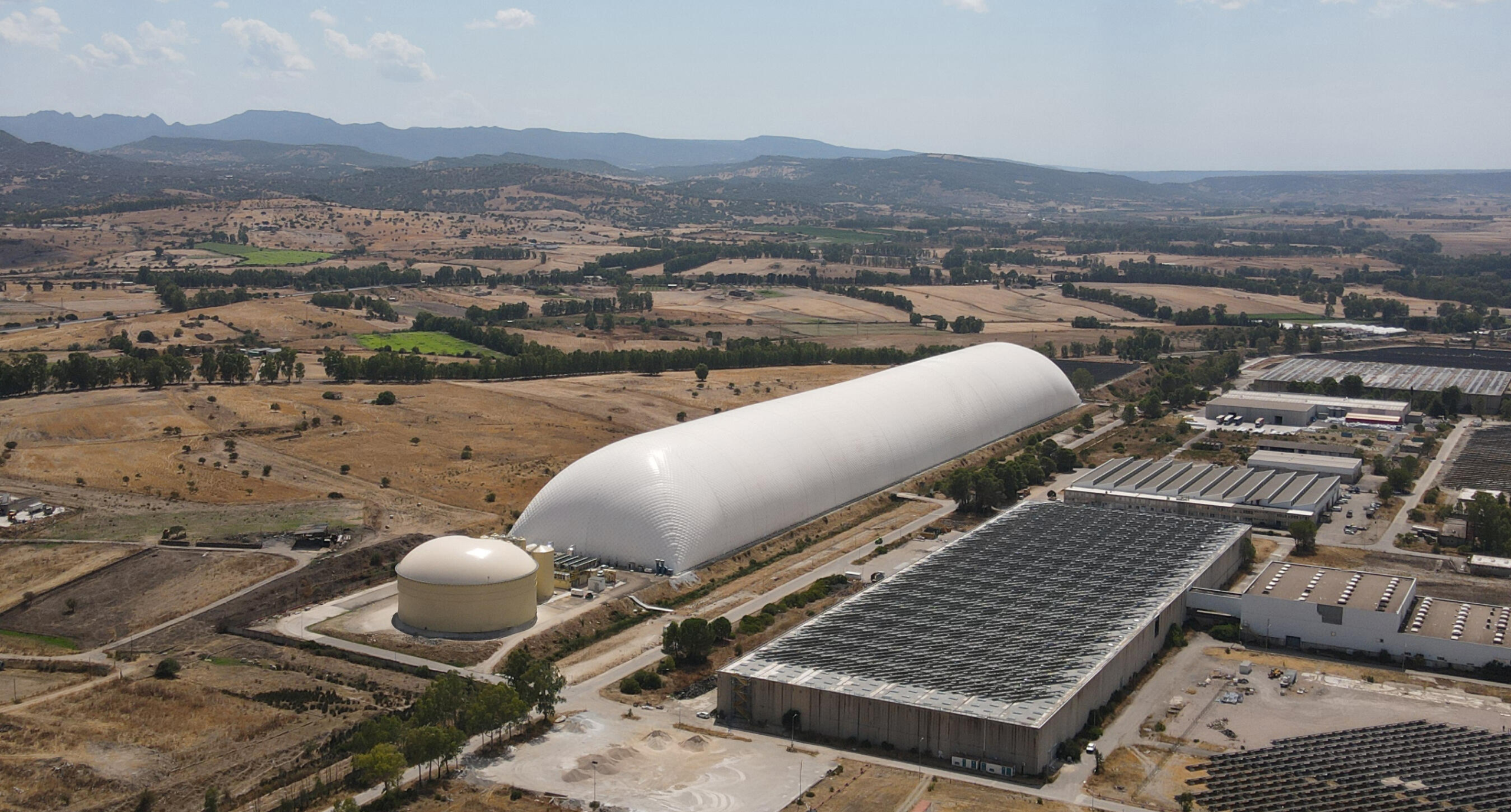
EnergyPathways PLC (AIM:EPP) has teamed up with Siemens Energy to explore a new generation of long-duration energy storage that could help smooth out the peaks and troughs of renewable power.
The company, which is listed on London’s junior AIM market, said it had signed a non-binding cooperation agreement with the German engineering group to work on Compressed Air Energy Storage, a system that stores surplus electricity by using it to compress air underground.
When demand rises, the air is released to drive turbines and generate power.
The idea is to soak up excess electricity from offshore wind farms or other renewable sources and release it when the grid is short.
Unlike lithium batteries, which typically discharge over a few hours, compressed-air systems can operate for days, making them attractive for countries trying to shift to cleaner power while keeping the lights on.
Under the agreement, the two companies will set up a joint task force. Siemens Energy will bring its engineering muscle and technology suite, while EnergyPathways will provide its know-how in underground storage, intellectual property and project development.
The partners said they want to design a modular system that is efficient, competitive on cost and able to provide low-carbon power over multiple days. Their first focus will be the United Kingdom, including EnergyPathways’ planned MESH project in the East Irish Sea and Cumbria, which is being lined up as the initial deployment.
The deal is not yet binding, but it sets the stage for formal contracts later.
Ben Clube, EnergyPathways’ chief executive, said: “This cooperation agreement with Siemens Energy demonstrates our commitment to partnering with world leaders in clean energy technology and engineering.”
He added: “The agreement positions the company as a leader in the development of LDES with multi-day power supply, which can harness wasted renewable power at scale.
“Affordable multi-day LDES is the missing piece of the puzzle that can deliver affordable and reliable power supply within renewables-dominated grids.”
Clube said the aim was to create a system that could be “scaled and deployed around the world”, adding that the MESH project was expected to be the first to come through the collaboration.


